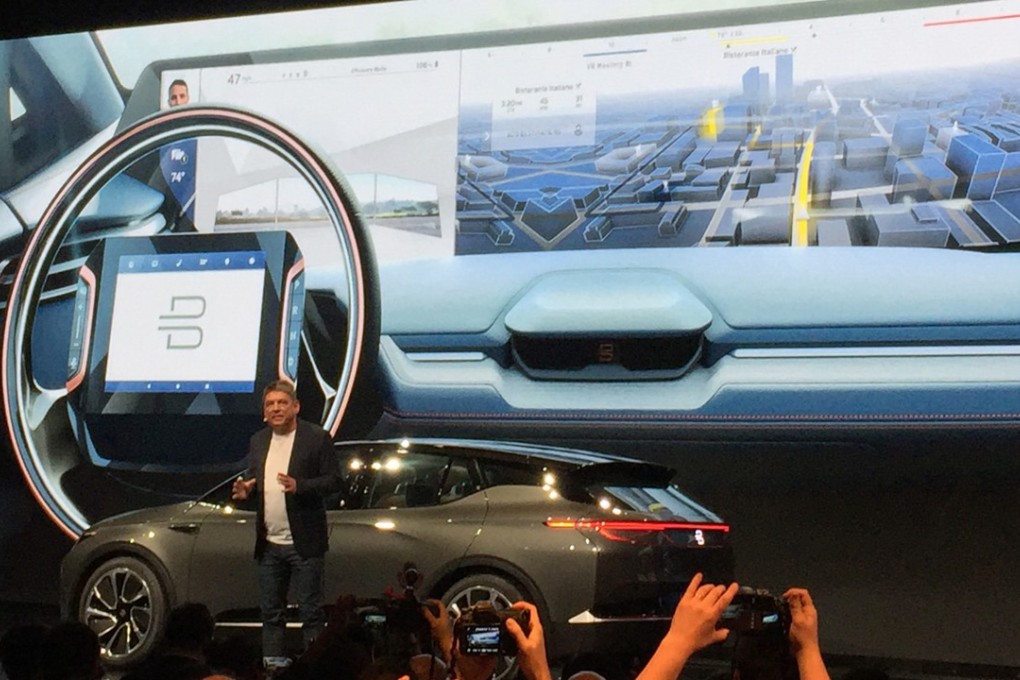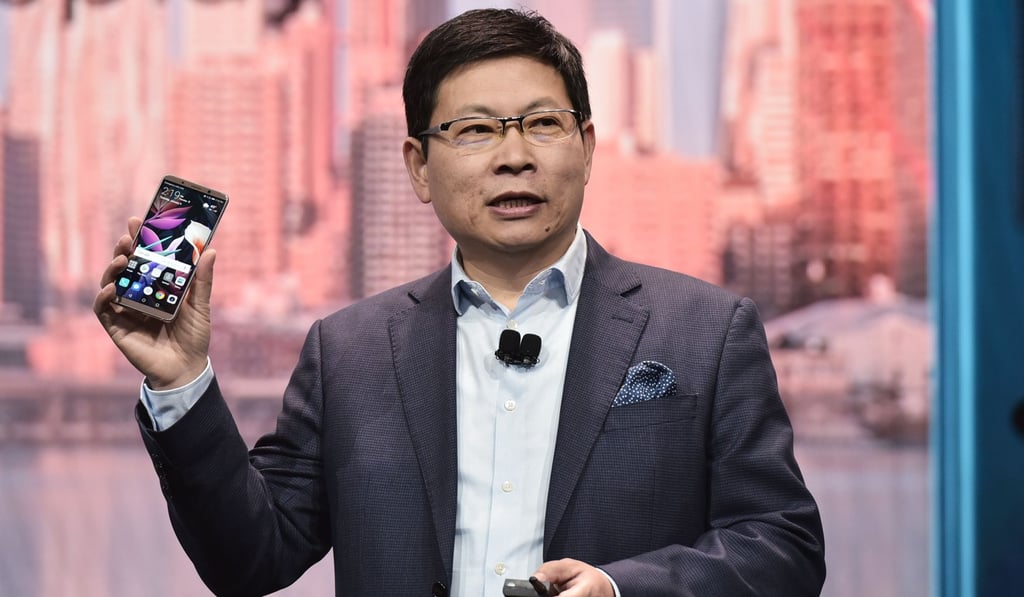Wrestling for access: how China, US firms are navigating technology’s separate universes
With two technology universes – one inside and another outside China’s Great Firewall – tech companies are dividing their products in order to conquer

Chinese tech companies have cultivated a technology universe so large that it exists almost exclusively on its own – sustained by the country’s 1.4 billion people – but cut off from the rest of the world by Beijing’s Great Firewall which blocks content not approved by the government.
Outside the firewall, a parallel internet ecosystem exists where companies banned in China, like Facebook, Google and Twitter, market their products to the remaining six billion people on the planet.
Protected from foreign competition, Chinese companies like Tencent and Baidu have flourished, attaining market valuations that rival global firms like Facebook. But the strong growth of China’s closed technology ecosystem means that US companies wanting to enter the massive market or Chinese ones going global now have to offer two sets of products – one geared for the rest of the world, and another specifically for China.
Wow Way or Huawei? A readable Chinese brand is the first key in unlocking America’s market
“There are very specific requirements for driving autonomous cars in and outside China,” said Daniel Kirchert, Byton’s co-founder and chief executive. “In China, we definitely need partners with the China experience. But outside China, we will work with global partners.”
The Nanjing-based carmaker has teamed up with Amazon’s Alexa for voice control, but plans to work with a local company for the Chinese model, Kirchert said. Currently, Byton is working with Baidu on the latter’s autonomous driving system Apollo, although Kirchert declined to reveal if Byton will be powered by Apollo in China.
